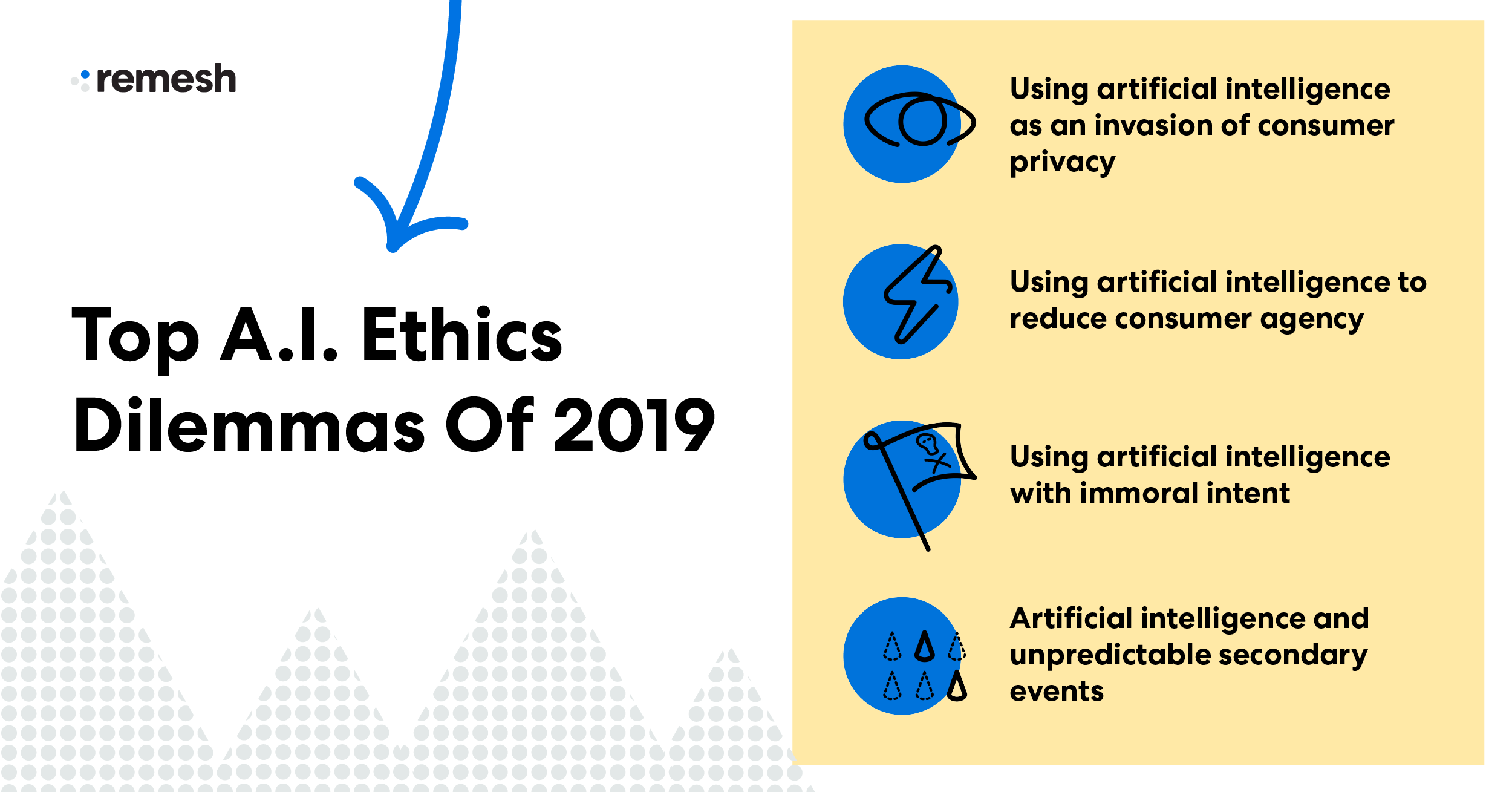In the fast-evolving realm of artificial intelligence (AI) and advanced technologies, technical masterminds find themselves at the epicenter of a profound ethical conundrum. The development and deployment of AI bring about unprecedented opportunities but are also fraught with ethical challenges that demand careful consideration.
In this article, we will delve into some of the ethical dilemmas faced by these technical visionaries as they pioneer the next wave of technological innovation.
I. Bias in AI Algorithms:
One of the most pressing ethical concerns in AI development is the issue of bias ingrained within algorithms. AI systems learn from vast datasets, and if these datasets contain biased information, the AI model may perpetuate and even exacerbate existing societal biases. Technical masterminds grapple with the responsibility of ensuring that the algorithms they create are fair and unbiased, reflecting a diverse and inclusive perspective.
To address this dilemma, experts advocate for transparent and explainable AI models. Technical masterminds are challenged to develop algorithms that not only minimize bias but also provide a clear understanding of how decisions are made. This transparency facilitates accountability and allows stakeholders to identify and rectify biased outcomes.
II. Privacy Concerns in AI:
As AI systems become increasingly sophisticated, the collection and utilization of vast amounts of personal data become inevitable. Technical masterminds face the ethical dilemma of balancing the benefits of AI with the protection of individual privacy. The challenge lies in striking a delicate equilibrium between extracting meaningful insights from data and safeguarding the privacy rights of users.
To navigate this ethical quagmire, technical experts are exploring privacy-preserving AI techniques. These include methods like federated learning, which enables model training on decentralized data without compromising individual privacy. Implementing robust data anonymization and encryption techniques is crucial to ensuring that AI advancements do not infringe upon individuals’ right to privacy.
III. Autonomous Systems and Accountability:
The rise of autonomous systems, such as self-driving cars and unmanned aerial vehicles, introduces a complex ethical dilemma concerning accountability. Technical masterminds must grapple with the question of who is responsible in the event of a malfunction or unintended consequence. This issue raises concerns not only about physical harm but also about the broader societal impact of AI systems making critical decisions without human intervention.
To address this dilemma, experts advocate for clear frameworks of accountability. Technical mastermind are challenged to design AI systems that incorporate fail-safe mechanisms and establish guidelines for human oversight. Additionally, ethical considerations dictate that there should be transparent communication about the limitations of autonomous systems to manage user expectations and ensure accountability in the event of unforeseen circumstances.
IV. Unemployment and Job Displacement:
The relentless march of AI and automation has the potential to revolutionize industries, but it also raises ethical questions about the impact on employment. Technical masterminds involved in the development of advanced technologies are acutely aware of the potential for job displacement and the ethical responsibility to mitigate adverse effects on the workforce.
To address this concern, experts emphasize the need for proactive measures such as reskilling and upskilling programs. Technical masterminds are urged to collaborate with policymakers, educators, and industry leaders to create comprehensive strategies that empower workers to adapt to the changing job landscape. By considering the social implications of their innovations, technical experts can contribute to a more equitable transition to a future dominated by AI and advanced technologies.
V. Ethical AI in Warfare:
The integration of AI in military applications raises profound ethical questions about the use of autonomous weapons and the potential for uncontrolled escalation. Technical masterminds involved in defense-related AI projects must grapple with the ethical responsibility of ensuring that their creations adhere to international humanitarian law and ethical standards.
Addressing this dilemma requires the establishment of clear ethical guidelines and international agreements governing the use of AI in warfare. Technical experts are challenged to develop technologies that prioritize human oversight and decision-making, preventing the deployment of fully autonomous weapons that could lead to unforeseen and devastating consequences. The ethical imperative lies in balancing national security concerns with the preservation of human rights and global stability.
Conclusion:
In the dynamic landscape of AI and advanced technologies, technical masterminds face a myriad of ethical dilemmas that extend far beyond the realm of code and algorithms. As architects of the future, these innovators must grapple with issues of bias, privacy, accountability, unemployment, and the ethical use of AI in warfare.
- Can I watch movies in different languages on FilmyMeet? - March 5, 2024
- Does Khatrimaza have a download limit? - March 2, 2024
- How long does it take for new movies to appear on Khatrimaza after their release? - February 27, 2024
